Mental health has been a big concern during the pandemic but there has been growing concern for some time particularly around the state of male mental health. Men’s Health Week (June 14th – 20th) is focussing solely on men and their mental wellbeing, the low numbers who seek help for mental health issues and how this can be improved. Visit the Men’s Health forum website for more information.
On a day to day basis what we eat can actually have a significant impact on our mood and how we feel. Clinical nutritionist Suzie Sawyer shares some top tips on how to support mental wellbeing through nutrition.
Go Mediterranean
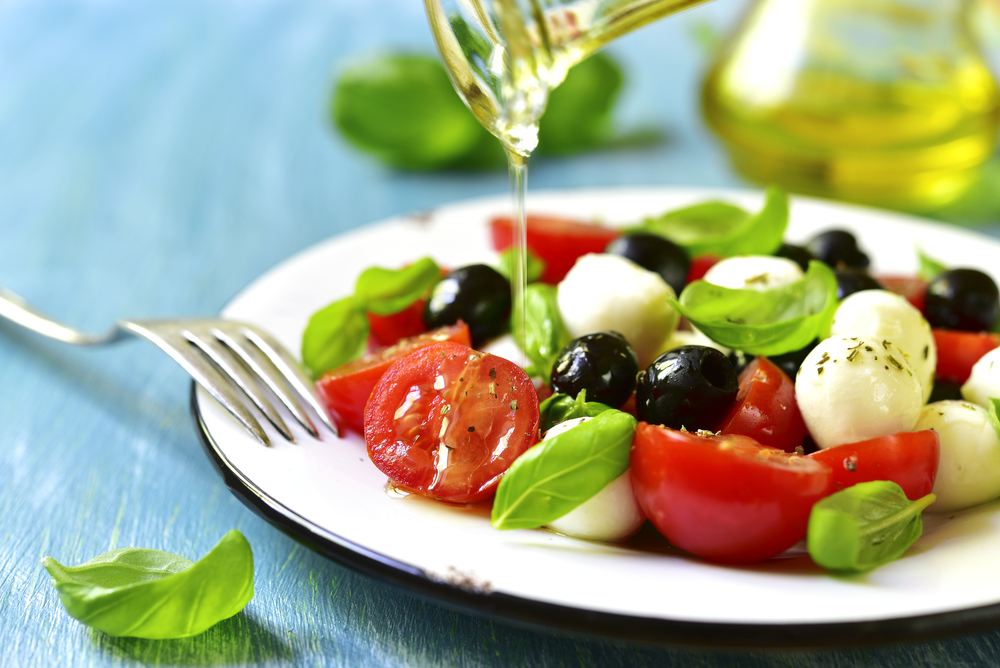
Even if it’s more challenging to travel to the Mediterranean there at the moment, there’s plenty we can take from the Mediterranean way of eating to support mental health. Many research studies have found that the classic Mediterranean diet, which includes lots of oily fish, vegetables, garlic, herbs and grains has been found to help manage depression. There are many reasons for this, but one is that oily fish (sardines, salmon and mackerel) are loaded with brain-loving omega-3 fats, which can help improve low mood.
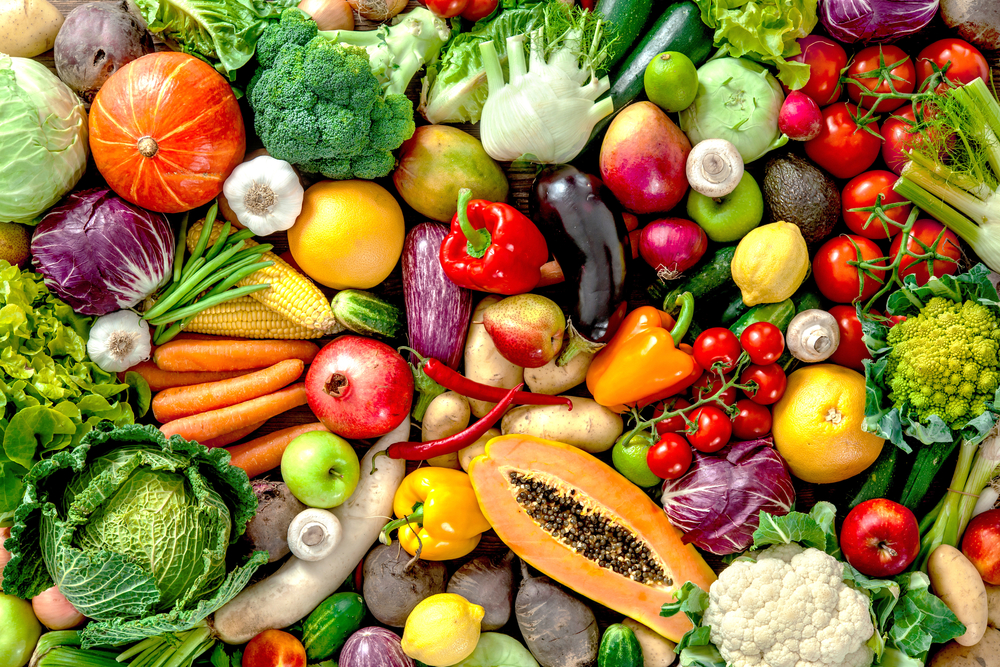
Additionally, the diet is high in nutrient-rich colourful vegetables and unrefined grains, providing B-vitamins and a plethora or vitamins, minerals and antioxidants, all essential for the brain.
A balanced diet is essential for balanced mood and can be incredibly powerful and effective when mental wellbeing is challenged. Many men work in jobs that can’t be done from home, so access to nutrient-rich food can be more of an issue. However, healthy take-away lunches are readily available now on every high street with pre-packed substantial salads being one good option.
Avoid mood depletors
While caffeine certainly provides a temporary boost to energy and mood, it has a powerful effect on brain chemistry, tricking it into releasing feel-good endorphins. Clearly, any food, drink or substance that works in this way, is going to be a chemical disruptor at some level.
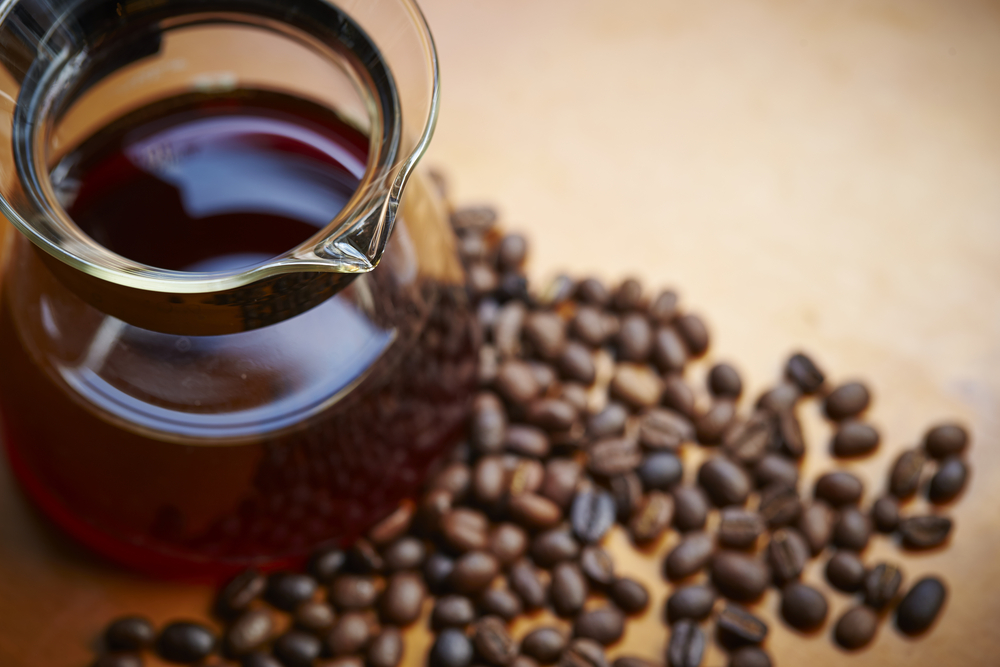
Much depends of course on the amount of caffeine drunk during the day. One espresso in the morning may not be too much of an issue, but many of us are using caffeine as a ‘prop’ to get through the day. Likewise, alcohol is a depressant so while it might lift mood temporarily, it will also cause a dip in mood later. The other issue with artificial stimulants is that they rob the body of essential nutrients (especially B-vitamins) that are key for producing feel-good neurotransmitters.
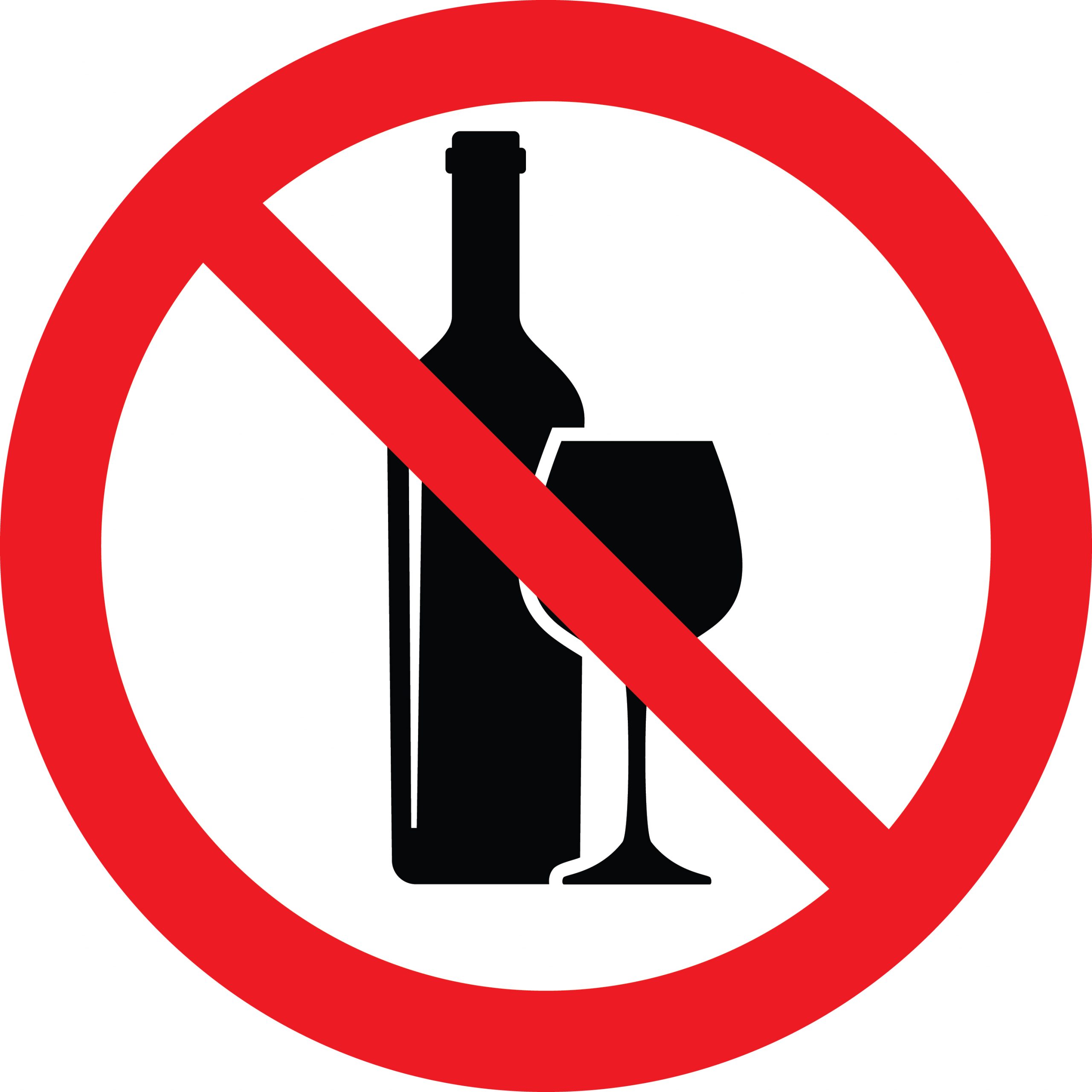
Many of us are reported to have increased our alcohol intake to cope with the stress of the pandemic which also won’t have helped mental wellbeing. Cutting back and having at least four alcohol-free days per week can bring about big improvements to health.
Harness the power of nature’s herbs
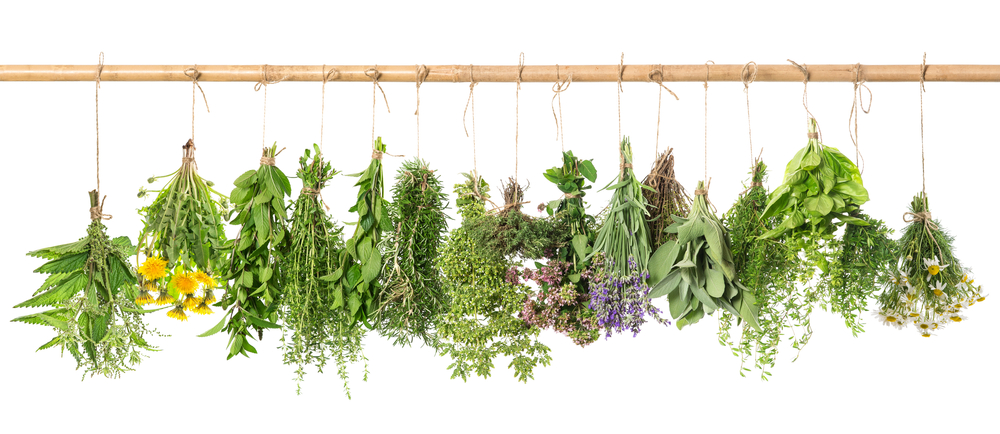
A varied balanced diet and restful, restorative sleep are some of the cornerstones to good mental health. Unfortunately, both of these have suffered during the pandemic. The Mediterranean diet can help plug nutrient gaps that are essential for good sleep, especially the B-vitamins, but sometimes we need a little more help from nature.
The herb valerian has many years of traditional use to its name and is incredibly effective at helping us asleep without feelings of drowsiness the next day.
Additionally, if anxiety is an issue and preventing sleep, then the herb passionflower works on the calming neurotransmitter called GABA, supporting the body through the stresses of daily life. Taking passionflower throughout the day to keep anxiety at bay and then using valerian in the evening about an hour before bedtime is a great combination.
























Add comment